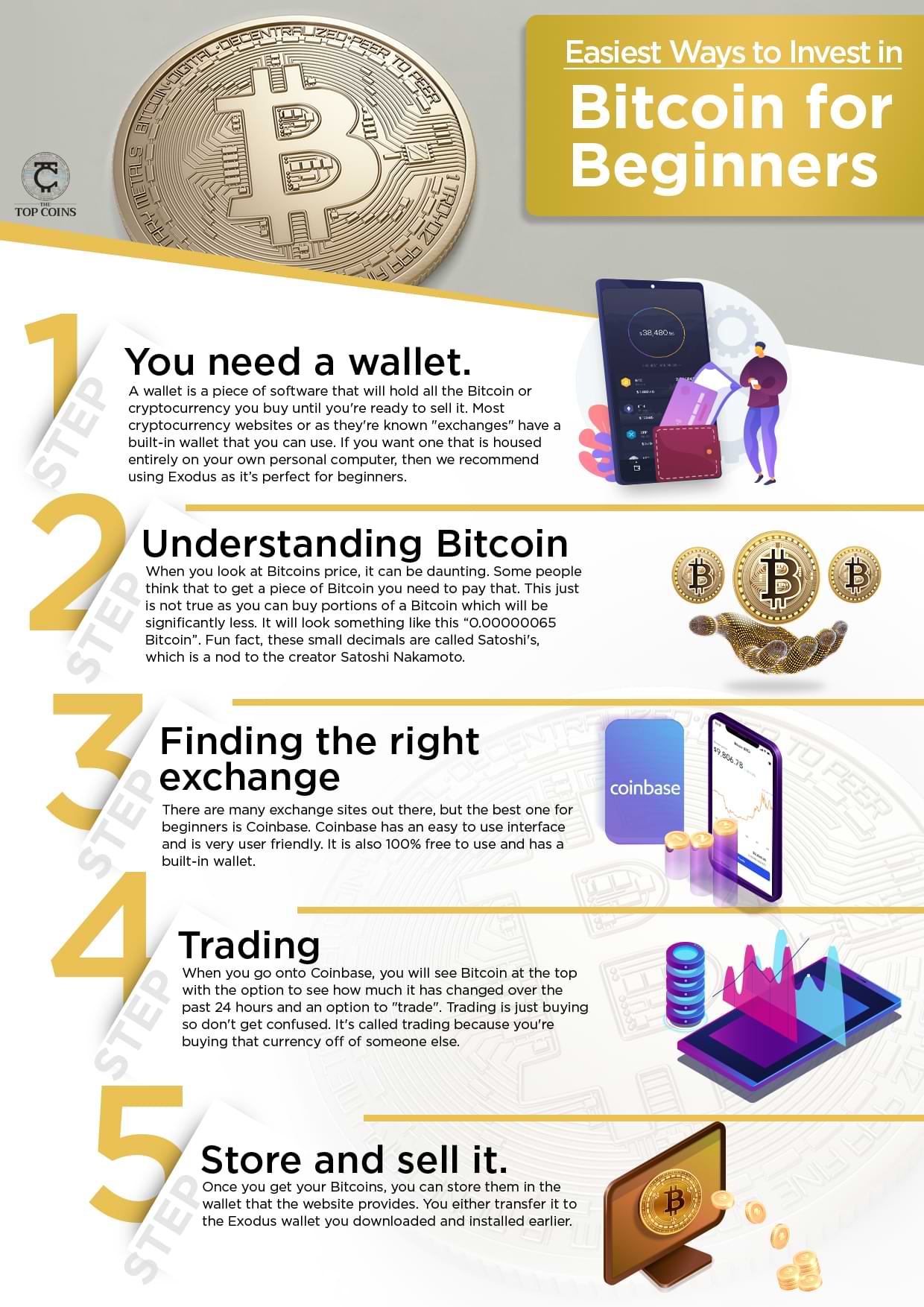Can You Invest $1 Into Bitcoin?
Getting Started with Bitcoin
Bitcoin is a decentralized cryptocurrency that allows anyone to invest small amounts of money even as little as $1. Bitcoin is broken down into extremely small units called satoshis which allows for very granular investments. One bitcoin is equivalent to 100 million satoshis, so as long as one bitcoin is worth less than $100 million, you can invest $1 or less per satoshi. Currently, one bitcoin is worth around $20,000-$30,000 depending on market fluctuations. At this value, one satoshi would be worth around $0.0002-$0.0003, allowing investments of just $1 or less. Even if the value of bitcoin rises significantly in the future to over $100 million per coin, investment platforms like Robinhood that allow fractional share purchases could enable investing amounts as low as $1 through similar methods.

Bitcoin Exchange Minimums
While it is possible in theory to invest $1 in bitcoin given its satoshi granularity, most major bitcoin exchanges require a minimum initial deposit which may be higher. For example, Coinbase - one of the largest and most popular bitcoin exchanges - has a minimum $2 deposit requirement. However, there are still ways to effectively invest $1 on these platforms. One strategy would be to deposit the minimum amount like $2 on Coinbase, use $1 to purchase a fraction of bitcoin, then sell the remaining $1 worth and withdraw those funds. While an imperfect solution, it achieves the goal of allocating $1 toward a bitcoin investment. Alternately, smaller independent bitcoin exchanges and OTC (over-the-counter) traders sometimes have lower or no minimums, providing another avenue for true $1 bitcoin investments.
Peer-to-Peer Bitcoin Trading
Peer-to-peer bitcoin marketplaces remove exchange minimums and intermediaries altogether, allowing for true $1 bitcoin trades directly between individuals. On platforms like Bisq, HodlHodl, LocalBitcoins and others, users can post cash-for-crypto offers with no minimum limits. Buyers could find sellers willing to part with a satoshi or two in exchange for $1 in cash,check, or other payment methods agreed upon by the parties. While requiring more coordination than exchanges, peer-to-peer offers improved access and granularity for those seeking the smallest possible initial bitcoin investments. Risks exist around using less regulated services, but proper precautions like only using escrow and opting for insured delivery methods can help mitigate those risks for dollar-level trades.
Wallet and Transaction Fees
After acquiring bitcoin in small dollar amounts, transaction and wallet fees need to be considered as they could exceed or become a significant portion of a $1 holding. Many bitcoin wallets have low or no wallet setup or account fees. However, network transaction fees which go to bitcoin miners for processing payments may be a half dollar or more depending on network demand. For very small holdings, it may be better to leave funds on the exchange or peer-to-peer marketplace until the balance grows larger than network transaction costs. Otherwise, a $1 bitcoin purchase could end up costing $1.50+ after accounting for miner fees to transfer to a personal wallet. New transaction fee forecasting and accounting innovations can help better plan around these costs for smaller investors.
The Future of Micro Bitcoin Investing
As bitcoin and supporting technologies continue to evolve, lower cost barriers and easier access will likely emerge for micro-investments of $1 or less in bitcoin. Things like zero-confirmation transactions, advances in lightning network transactions, innovations in non-custodial exchanges, and improved granularity in derivative products could all play a role. Schnorr signatures and other scaling solutions may also help drive down average transaction fees over the long run.
In the coming years, industry leaders are working to transform bitcoin into a global inclusive currency and store of value that removes capital barriers to participation. If successful, making a $1 bitcoin purchase could be as easy and cost-effective globally as any other mainstream retail investment. Only continued progress and time will tell if this vision of highly granular permissionless money is fully realized.
